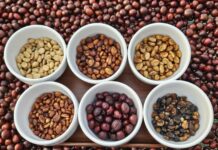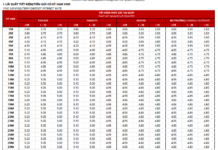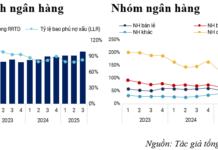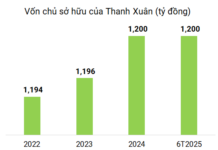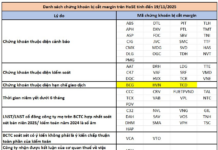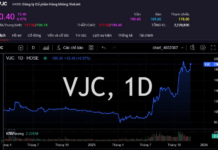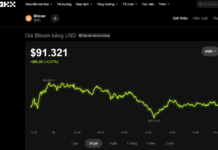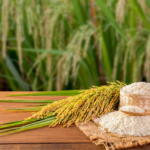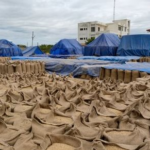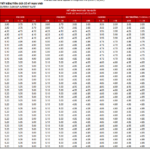According to statistics from the Thai Rice Exporters Association, in the first half of 2025, India maintained its position as the world’s top rice exporter, with 11.68 million tons of rice exported, a 36.5% increase compared to the same period last year.
In contrast, Thailand exported 3.73 million tons, a 27.3% decrease from the previous year. The value of Thailand’s rice exports reached approximately THB 75.57 billion (USD 2.34 billion), a sharp decline of 36.4% year-on-year.
This drop caused Thailand to lose its rank as the second-largest rice exporter globally.
Commenting on this decline, Mr. Charoen Laothamatas, President of the Thai Rice Exporters Association, stated that the Thai rice industry is facing a double challenge of high production costs and increased operating expenses.
“Traditional markets are shifting towards more flexible sources like Vietnam or Pakistan due to their competitive pricing. The strong Thai baht has also significantly impacted our competitiveness,” analyzed Mr. Charoen.
Thai PBS reports that rice prices are expected to continue falling due to increasing supply from rice-producing countries and decreasing demand, forcing exporters to cut prices to stay competitive.
Meanwhile, the Thai Rice Exporters Association forecasts that Thailand will export more than 600,000 tons of rice in July 2025. The large volume of rice exports is due to increased orders from countries like Iraq, China, Japan, and several African nations, taking advantage of the lowered prices.
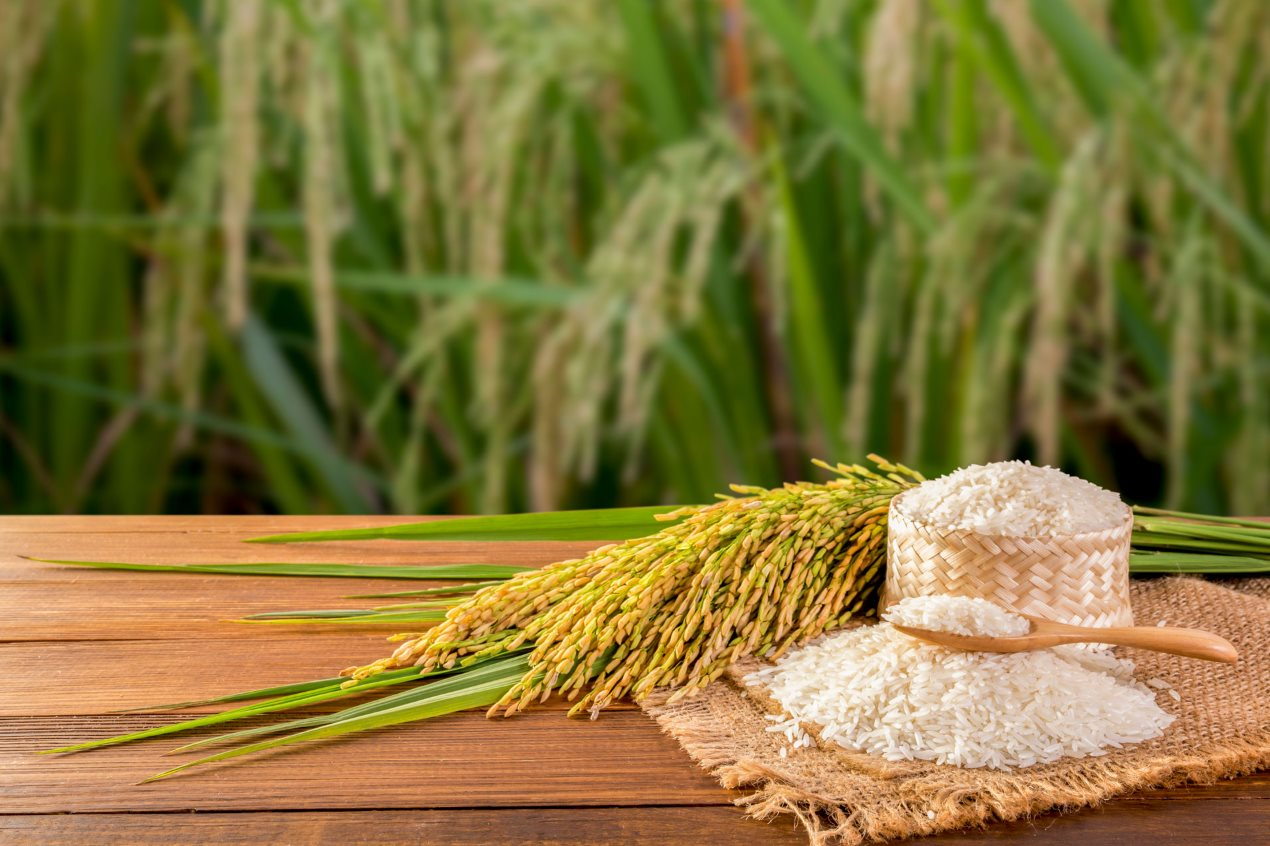
While Thailand’s market share in rice exports declined in the first half of 2025, Vietnam emerged as a notable bright spot. In the same period, Vietnam exported 4.72 million tons, a 3.6% increase year-on-year. This helped Vietnam surpass Thailand and climb to the second position in the rankings.
According to customs data, rice exports brought home USD 2.44 billion in the first six months. The average export price during this period reached USD 517 per ton.
The Ministry of Agriculture and Environment revealed that rice exports in July 2025 are estimated at 750,000 tons, equivalent to USD 366.1 million. Cumulatively, Vietnam exported approximately 5.5 million tons of rice in the first seven months, earning USD 2.81 billion. However, the average export price dropped to USD 514 per ton during this period.
The Philippines remains the largest market for Vietnamese rice, accounting for 42.6% of total export turnover. Ivory Coast and Ghana are the next largest markets, with respective market shares of 10.7% and 10.5%. Among the top 15 export markets, Bangladesh showed the most significant increase in export value, surging by 188.2 times.
The reason for the preference for Vietnamese rice lies in the country’s diverse range of products, from common white rice to fragrant ST rice and organic and Japonica rice for high-end markets such as South Korea and Japan. Additionally, Vietnam’s competitive advantage in terms of variety and pricing has helped its rice gain popularity in other countries.
Vietnam aims to export 7.5 million tons of rice in 2025. However, given the current growth rate, the United States Department of Agriculture (USDA) forecasts that Vietnam’s rice exports could reach 7.9 million tons this year, surpassing Thailand by about 1 million tons.
Rice plays a crucial role in sustaining human life. According to the Food and Agriculture Organization (FAO), nearly half of the world’s population relies on rice as their primary food source, providing them with the basic energy needed for survival.
Approximately 500 million tons of rice are produced annually. In many countries, rice is the main source of calories.
Proposed Formation of the National Rice Council
The National Rice Council, a newly established entity, serves as an overarching, cross-sectoral platform to address the rice industry’s overarching issues. It provides strategic guidance and handles significant matters pertaining to the sustainable development of the rice sector as a whole.



